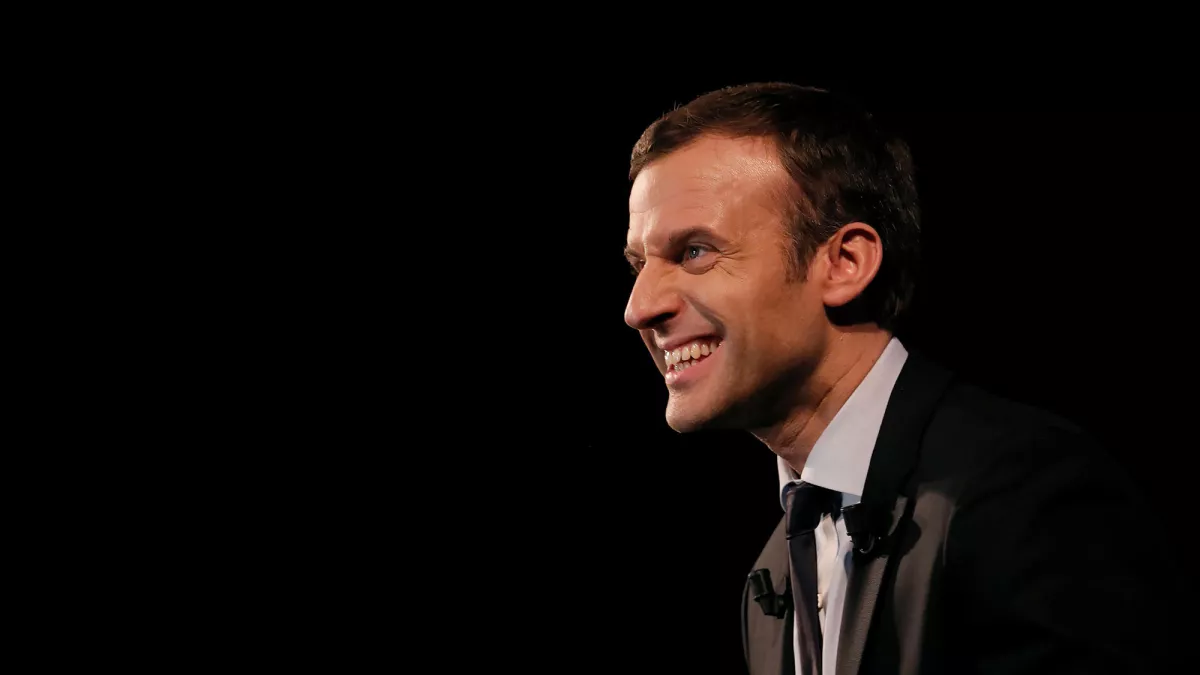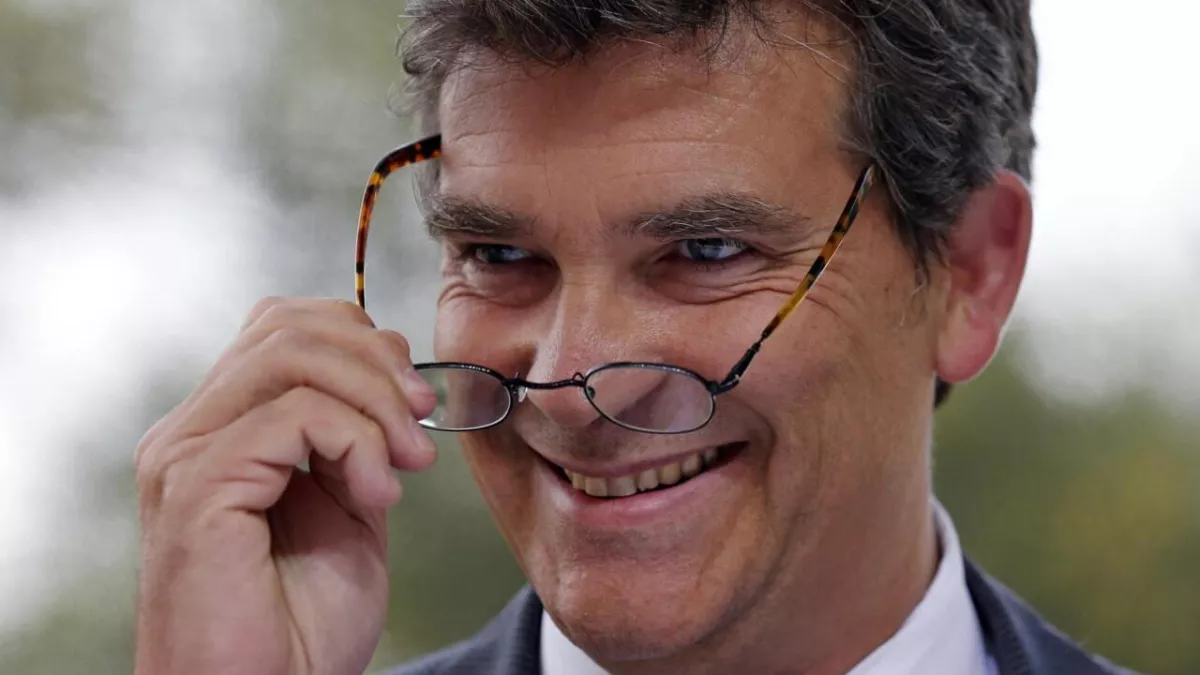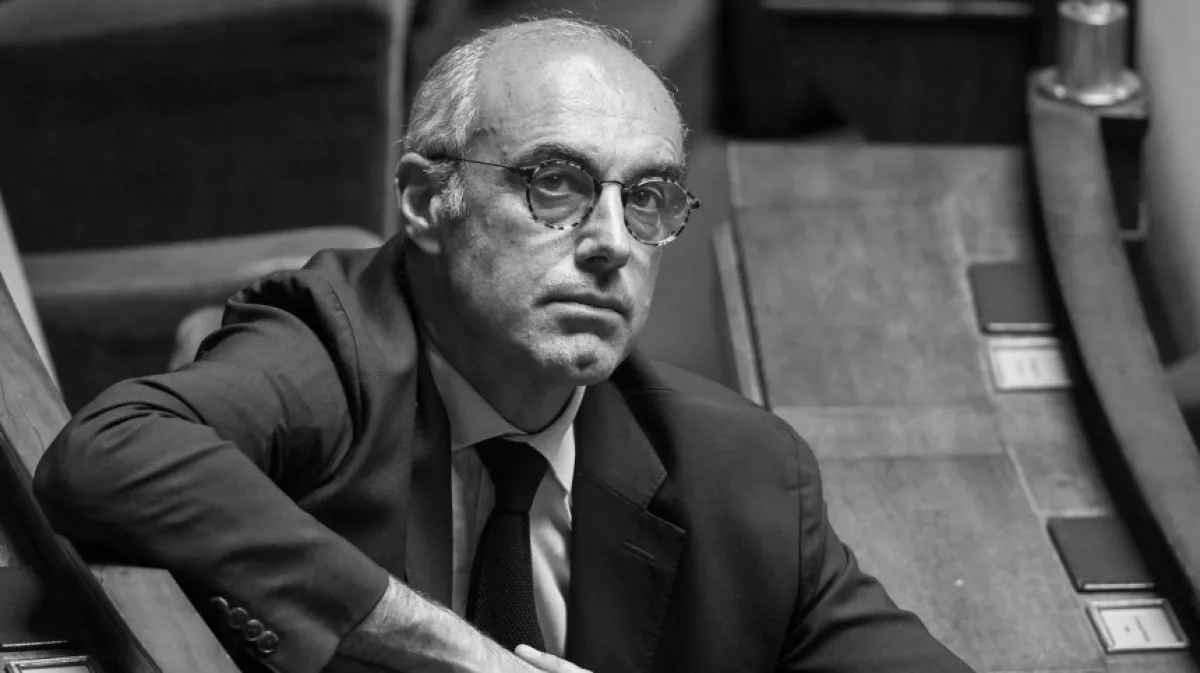Marleix in the noose, Macron under suspicion France in noir style
Olivier Marleix, a Republican (Les Républicains, LR) and member of the French National Assembly, who had been actively investigating a possible corruption “pact” surrounding the sale of Alstom’s energy division to General Electric (GE), was found hanged in his home. Authorities have not yet officially determined whether it was suicide or foul play, but the incident appears highly suspicious in the context of the lawmaker’s investigative efforts.

To understand why, one only needs to examine the background of the deal. In 2014–2015, GE acquired Alstom’s energy assets for more than €12 billion. The sale sparked a wave of criticism across Europe, with experts warning that it handed control over strategic energy infrastructure—including nuclear turbines—to a foreign conglomerate.
“What does Macron have to do with it?” – you may ask. Well, quite a lot.
Between 2012 and 2014, while serving as Deputy Secretary-General of the Élysée Palace, Emmanuel Macron secretly commissioned a report on the sale of Alstom and actively oversaw the deal until its completion. In 2014, by then Minister of the Economy, Mr. Macron granted official approval for GE to acquire Alstom’s energy division.
In 2017, as a presidential candidate, Macron faced allegations of receiving record-breaking campaign donations from individuals linked to the deal. Parliamentary investigations described this as a “corruption pact,” Macron’s opponents called it a betrayal of national interests, and independent French journalists pointed to elements of corruption and political irresponsibility.

Criticism also came from former Economy Minister Arnaud Montebourg, who directly accused Macron of encouraging the sale. Overall, Les Républicains—the main parliamentary opposition to Macron’s La République En Marche! (which was renamed Renaissance on May 5, 2022)—consistently supported investigations and publicly condemned Macron’s role in the affair. But the most vocal and persistent critic was Olivier Marleix himself, who chaired the very commission tasked with probing the murky and allegedly corrupt deal. And now—he has been found hanged in his own home. Coincidence? We don’t think so. Especially given the well-known biography of the current President of France.
In case anyone forgot, Emmanuel Macron is a former investment banker with Rothschild & Cie (2008–2012), where he worked closely with powerful financial interests—many of whom later funded his political rise. This has long fuelled accusations of conflicts of interest and a deep bias toward big capital. And considering that Macron has never been seen as a truly independent political figure, it’s worth noting that deals like the one between Alstom and General Electric were likely lobbied for and overseen in the interest of his backers and patrons.
Taking a step back from the figure of Mr. Emmanuel, it’s worth recalling the particular nature of French politics. For instance, former French President Nicolas Sarkozy was accused of receiving campaign funding from Muammar Gaddafi during the 2007 presidential race. The investigation dragged on for years, with Libyan financial involvement being confirmed by various documents. That case is especially revealing when one considers the role played by French intelligence services in Gaddafi’s eventual elimination.

Indeed, covering tracks is a hallmark of grand French politics. And it’s hardly a new phenomenon—it stretches back centuries. Conspiracies, court intrigues, palace coups, royal favourites—these have all coloured France’s storied past. That’s why even the “accidental” death of Olivier Marleix doesn’t exactly come as a shock. But it certainly raises serious questions. After all, no matter how you look at it, Marleix was closing in on exposing a potentially corrupt deal in which the current President of France played a significant role.
Logically speaking, alarm bells should be ringing—not just among the Republicans and other opposition parties in France—but also within the ranks of the so-called international human rights watchdogs like Freedom House and Amnesty International. But will they speak up? We seriously doubt it. These organisations tend to bark only at those whom their sponsors have pointed fingers at.
The European Parliament will likely “overlook” this scandal too. A scandal laced with both criminal and corrupt undertones is unlikely to register on the radar of the European Parliament. Following the June 2024 elections, pro-Macron forces—namely the liberal-centrist Renew Europe group—command significant weight within the EP. This provides the French president not only with access to key parliamentary committees and influence over legislative initiatives, but also with a certain “indulgence” when it comes to scandals—such as the sudden death of his fiercest critic.
As we observe all of this unfold, we are once again compelled to state the obvious: France has no moral authority to act as a mentor or moral compass, a role Mr. Emmanuel so dearly relishes.
The number of skeletons in its closet has long since exceeded any reasonable count, to the point of being downright shocking. The same can be said for the European Parliament and international human rights organisations, which have become adept at indiscriminately criticising countries like Azerbaijan while turning a blind eye to the rot within their own ranks.








